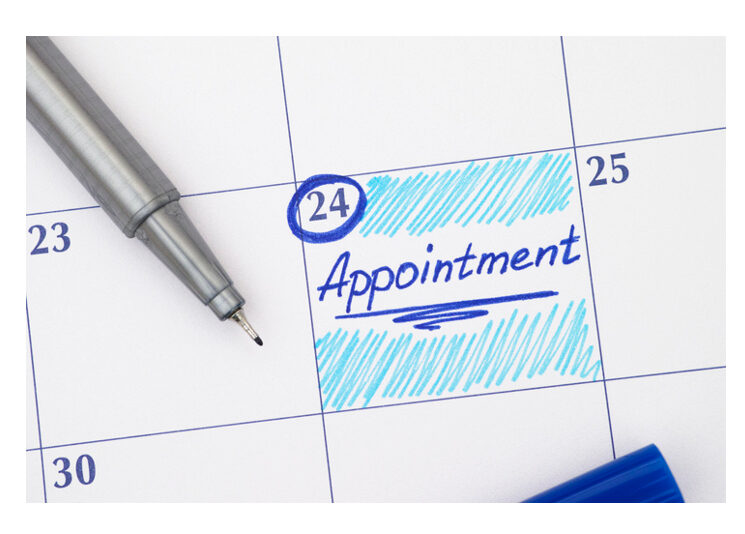
If you’re planning to visit your doctor or another healthcare provider in the coming weeks, it’s crucial to adjust your idea of what to expect at your doctor’s appointment. The ongoing COVID-19 pandemic has brought significant changes to the way medical visits are conducted. Here’s what you should anticipate:
- Long Wait Time:
Be prepared to wait for days for a call back and possibly weeks for an actual appointment. Fewer physicians are seeing patients, and appointments take longer due to necessary cleaning between patients. You may also be asked to come alone and wait in your car until called. Ensure your cell phone is charged for communication. - Pre-Appointment Homework:
Expect to complete pre-appointment paperwork and provide explanatory materials at home. Consider taking a short video of your chief complaint to send to the medical office. Prepare a concise list of essential questions.Expect to complete all your pre-appointment paperwork and other explanatory materials at home and return them to the medical office prior to the visit. Take a 30-second video of your chief complaint. If your shoulder hurts, make a short video and point our where is hurts and with what movements is it worse or better. If you have a rash, take a video demonstrating where it is and what it looks like. Keep it short, no more than 30 seconds. Send it to the office ahead of your visit. Prepare a short list of questions and say them out loud. Edit the list to include only the logical and essential questions. - COVID-19 Screening:
Expect to be asked COVID-related questions and have your temperature checked before you are allowed into the office. If you have a temperature or other COVID symptoms, like coughing, fever, body aches, malaise, diarrhea and/or a recent exposure to someone with COVID, you will not be let in. Be honest and considerate. Take your temperature at home before your appointment, so that you are not surprised by being turned away outside the office, if you have a feverYou’ll likely be asked COVID-related questions and have your temperature checked before entering the office. If you have symptoms or recent exposure to COVID, you may not be allowed in. Take your temperature at home before the appointment to avoid surprises. - Eerie Silence:
The doctor’s waiting room will not be the bustling place you are used to. This is due to new social distancing guidelines, and the need to space out the appointments and only allowing one person, i.e. the patient, into the office. - Protect Yourself:
Bring your mask and hand sanitizer; don’t assume the office will provide them. Minimize touching surfaces and wash your hands frequently. Avoid using your cell phone inside the office.This means wear a mask and carry your own hand sanitizer. Do not assume that the physician’s office or hospital will provide this for you. Do not use your cell phone once you are in the office. Touch as few things as possible and wash your hands frequently. - Take Stock of Medications:
You may be advised to not take anti-inflammatories like Advil, which is a non-steroidal ibuprofen, or Tylenol (acetaminophen) for pain relief for a few days before your appointment. This is because ibuprofen can augment the coronavirus’s effect on your body and acetaminophen can mask fever. Many other medications can confound issues as well, so be sure to list all of them on your pre-appointment paperwork. Tell the doctor about alcohol use as well. This is a high-risk time, and withholding information can be extremely risky. - Brief Encounters:
There will be little or no chitchat, small talk, or catching up. You may not even recognize the person behind the face shield, mask or other PPE garb. They may not recognize you behind your mask. Remember, health care providers have to see many people in one day. While the doctor may be your only MD, you are not his or her only patient. If the doctor writes you a prescription, it will most likely be transmitted electronically to the pharmacy. Choose a pharmacy that is doing free delivery. The fewer places you go, the better. - Uncertainty:
You may be told that the timing of a procedure or follow-up is “unsure.” Or you may get a Sunday slot for surgery. Given all the complexities of scheduling and organizing right now, anything is possible. If you have a procedure, there’s a good chance that follow-ups and recaps may be completed by phone, Skype or Zoom.
Above all, be patient. These are extraordinary times, and adherence to guidelines and understanding of the situation will help us all weather the same storm.
Good luck!! – E.C.T.




